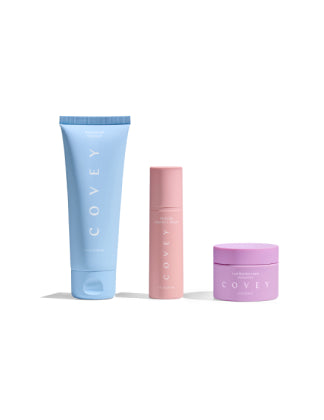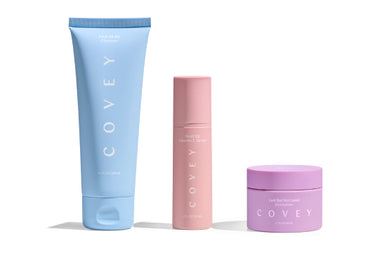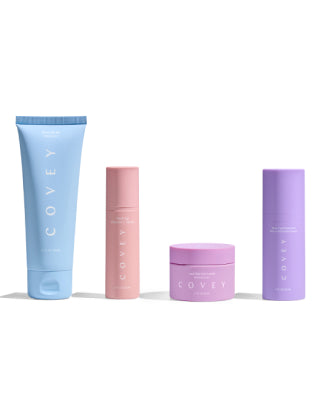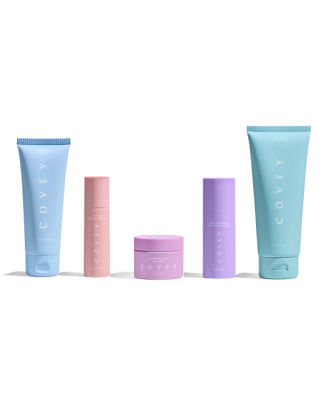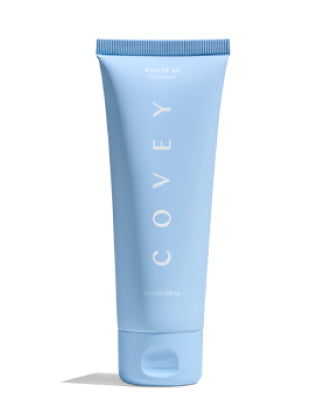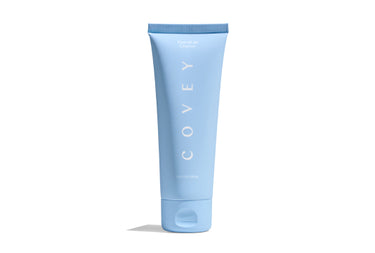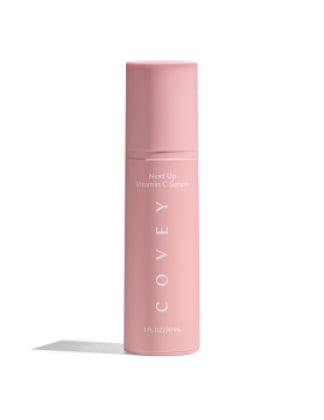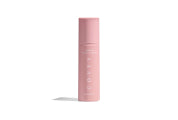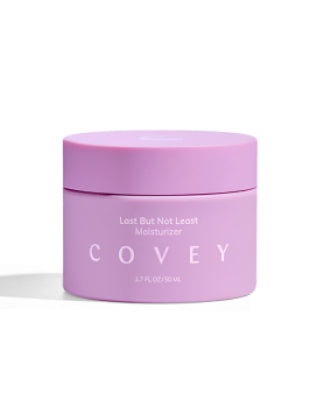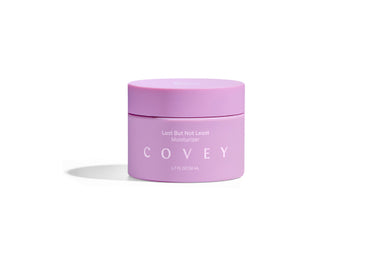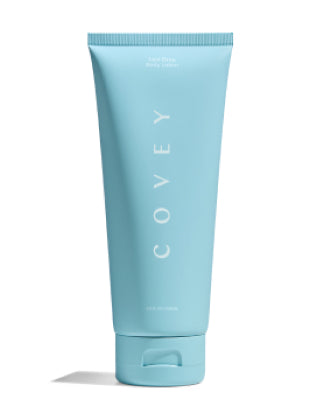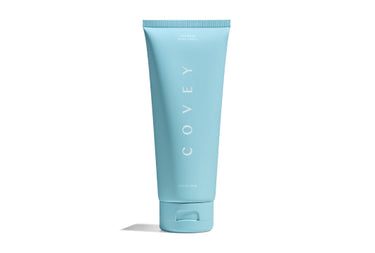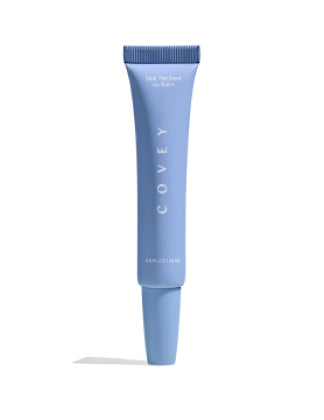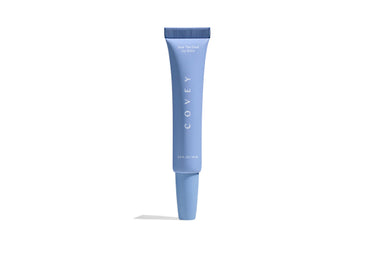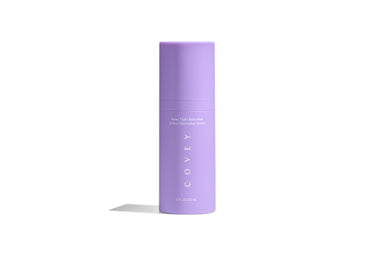
Ingredient Spotlight: Squalane Oil
The skincare world is always abuzz with trending ingredients and products that promise to tackle every skin concern under the sun — from firming your face to fighting acne.
Lately we’ve been hearing lots about squalane oil (nope, NOT squalene, the kind derived from shark oils and other animals, but the plant-based derivatives!)
The TL;DR on squalane? It’s a powerful moisturizing ingredient that mimics your skin's natural oils, providing just the right amount of moisture to leave skin hydrated and soft to the touch.
This moisturizing miracle worker is great for all skin types—and should be a staple in your skincare routine. Next time you’re online shopping, scan your favorite product's ingredient list for squalane oil.
Let’s get into why.
First, What Is Squalane Oil?
Squalane oil can be used as a moisturizing agent—and plenty of other uses—so here are some things you should know about it:
- The more you know: the molecular structure of squalane makes it pretty stable at room temperature, which is why it’s often used in cosmetics and skincare products that need to stay stable on store shelves for extended periods of time.
- When applied directly to your skin, squalane is said to improve cell regeneration rate while reducing dryness and irritation caused by sun exposure.
- Some studies have shown that applying this ingredient topically may increase moisture levels within your skin, which could result in better hydration over long periods of time. (Reminder: as with most skincare ingredients, consistent use is key!)
- In addition to being a moisturizing agent, squalane is also used as a carrier oil. This means it can be mixed with certain other ingredients to be absorbed by your skin more easily.
Squalane is an emollient, meaning it attracts and holds moisture in the skin. It also acts as an antioxidant and humectant for the skin—that is, it helps keep water within your skin cells by preventing water loss from evaporation.
Where Does Squalane Come From?
Squalene is a natural substance that’s present in human skin. It helps to lubricate and moisturize the skin, but when you apply it directly from a bottle, it doesn’t penetrate the top layer of your epidermis — it just sits on top of your skin like an oil slick.
Squalane is a type of oil, but remember — it's not the same as squalene. People commonly mistake the two, but most beauty and skincare brands are using the plant-derived, vegan squalane these days. Squalane can be sourced from plants like sugarcane or olives.
How Do I Use Squalane in My Skincare Routine?
Squalane oil is a lightweight yet powerful moisturizer that can help improve your skin’s texture and appearance. Squalane oil works by deeply hydrating the skin, which in turn helps to provide a smooth and plump look.
You can use squalane in several different ways depending on your personal preferences:
- Apply it alone after cleansing your face, or mix it with other products, like serums and moisturizers (which often already contain squalane).
- Use it in the morning for an extra boost of hydration throughout the day, or at night before bedtime if you want some extra hydration overnight when it’s most needed!
How to Apply Squalane Oil
There are many ways to apply squalane oil. First, you can choose products with formulations that already include squalane (we see you, Last But Not Least Moisturizer!) In the Covey three-step ritual, you’ll apply squalane as the final step in your routine.
Other common ways to apply squalane oil is after cleansing the face. You can use a serum that contains the oil, or apply a few drops directly to skin. Just one to two drops of squalane goes a long way toward moisturizing your skin, leaving it smooth and supple without a greasy residue.
Frequently Asked Questions About Squalane
Is squalane safe for all skin types?
All signs point to yes on this one, because squalane oil is:
- Non-comedogenic (meaning it won't clog pores) and non-irritating
- Anti-inflammatory and calming
- Provides barrier support to skin
- An emollient and humectant
- Safe for all skin types, including sensitive ones
- Provides lightweight and non-greasy moisture
- Plays well with others, like retinol and other actives
Will squalane clog my pores?
Squalane oil is a non-comedogenic oil. This means it won't clog pores and cause acne, which is great news for anyone who struggles with acne. Squalane works as an emollient and humectant without being greasy or pore-clogging like other oils on the market can be.
Can I use squalane oil with retinol?
Yes, you can use squalane oil with retinoids (including vegan alternative bakuchiol). Squalane is a great alternative to jojoba oil or argan oil when using those oils with your anti-aging products and serums.
Squalane oil is a lightweight and non-greasy oil that can be used to moisturize the skin. Squalane is especially helpful for people who have oily or acne-prone skin, as it doesn't clog pores and doesn't cause breakouts.
Like a good retinol, you should squalane consistently so the oil can work its magic over time. If you want to add a skin-nourishing oil to your skincare routine, consider formulas containing squalane — like Covey’s Last But Not Least Moisturizer.
Read more Covey Ingredient Spotlights
Curious about other ingredients in your fave skincare products? Take a deep dive into our multi-part series demystifying the biggest ingredients on the market:
- Get to know antioxidant Resveratrol
- Discover the benefits of Babassu Oil
- Learn all about Vitamin C
- Cozy up to our complete guide to Hyaluronic Acid


